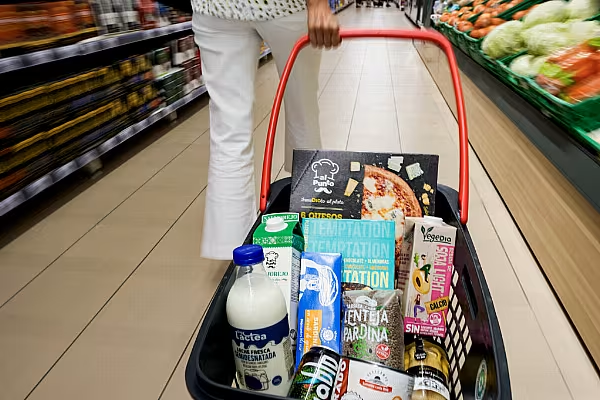The president of AECOC, which represents manufacturers and distributors in Spain, has told a conference that he believes that “the worst is over” when it comes to food inflation in the country.
Ignacio González was commenting at the opening of the 39th Congreso AECOC de Gran Consumo, in Barcelona, at which he added that Spain’s GDP growth is currently in a better place than it is in countries such as Italy, France and Germany.
“This growth has been supported by public spending and a strong foreign sector, thanks to exports, which have grown by 11%,” González commented. “Today, we have a CPI of 1.1% and a food CPI of 1.8% – the lowest in three years. Food inflation is now below general inflation.
“This is leading to an economic environment of moderate optimism, marked by the recovery of private consumption, the solid performance of the labour market, population growth, a boost in the tourism sector, and a reasonable financial situation for households.”
Population Growth
Spain’s population has also grown by 1.1%, largely due to immigration, reaching 48.6 million, while the tourism sector remains a vital contributor to the economy, accounting for 12% of GDP, with an estimated 96 million tourists visiting in 2024.
Despite the favourable conditions, González warned of potential threats to this stability, with geopolitical instability and global conflicts having the potential to disrupt supply chains, while uncertainty poses a risk to consumer confidence.
“In addition, in terms of consumption, there is nothing worse than uncertainty,” he noted.
Challenges Facing Businesses
He also pointed to challenges facing Spanish companies, such as high tax pressure, a demanding regulatory environment, and absenteeism in the workforce. According to González, regulatory pressure on Spanish businesses is 36% higher than the EU average, which hampers competitiveness.
He highlighted that absenteeism affects 7.2% of the working population, or about 1.3 million people daily, which severely impacts productivity – “It is as if all of Galicia were absent from a working day,” as he put it.
Elsewhere, González stressed the need for a focus on training, innovation, digitalisation and investment, to boost productivity. He outlined six commitments for the mass-consumption sector: listening to consumers, improving efficiency, building competitive legislation, promoting sustainable practices, fostering a competitive labour market, and leveraging technology for growth.













